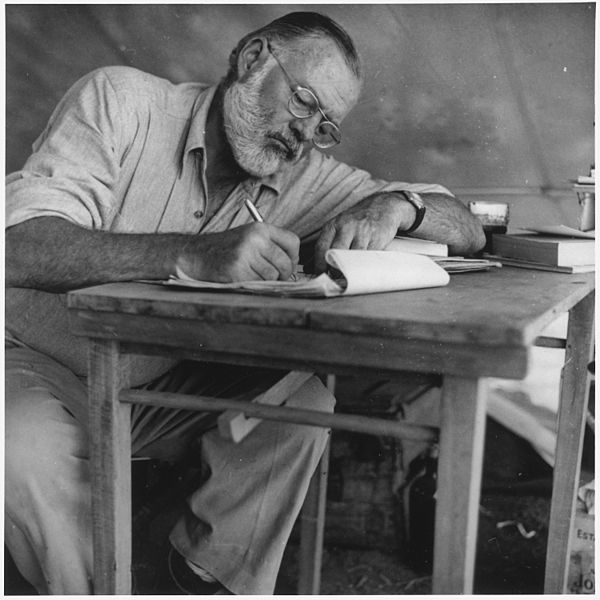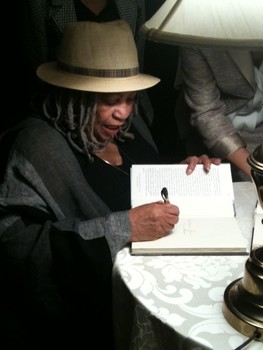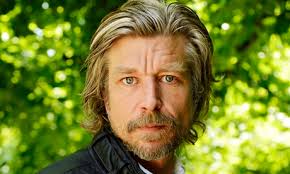
I’ve recently had the privilege of teaching several writing workshops and working with a number of talented writers. Since I have never actually taken a fiction workshop, I’m always putting my workshops together out of issues I’ve faced and cures for writing ailments that have worked for me. The thing about writing, about any art form, is that what we create reflects our individuality—our interests, our passions, hopes and fears. Could anyone but Hemingway have written For Whom the Bell Tolls? Could anyone but Toni Morrison have written Beloved? I always marvel at the many different ways artists can be creative. Even in one workshop there can be quite a range of temperaments and styles.
 And though the way out of our writing dilemmas will be unique to our own processes and inclinations, often on a trial and error basis, there are certain general techniques that can benefit most of us. Here are nine of my favorite ways to get unstuck. Please feel free to dip in and also add yours to my list.
And though the way out of our writing dilemmas will be unique to our own processes and inclinations, often on a trial and error basis, there are certain general techniques that can benefit most of us. Here are nine of my favorite ways to get unstuck. Please feel free to dip in and also add yours to my list.
Nine Helpful Things I’ve Learned About Writing
- Wherever you start, it’s the right place. Really! Don’t fret. Trust your instincts and keep moving forward. When you finish a draft, you can then assess the need for changes.
- Write using every part of yourself: brain, mind, guts, heart. Write from your wholeness and not just your intellect. You are not just a head with feet attached.
- Every day, all day, observe. Watch what catches your attention—is it the magnolia tree in the park or the brown dog under it? The girl with the Yoyo or the couple scrapping behind the bushes? Attention follows interest and what interests you will be a key to what makes your writing powerful.
 Ask questions—to yourself, to your characters, to the work itself. A character may be quite willing to tell you why he’s acting bratty, or why she isn’t talking to her mother. The project may be happy to reveal its covert stories! Have something handy to write down the answers and be prepared to be surprised.
Ask questions—to yourself, to your characters, to the work itself. A character may be quite willing to tell you why he’s acting bratty, or why she isn’t talking to her mother. The project may be happy to reveal its covert stories! Have something handy to write down the answers and be prepared to be surprised.- Understand that all your drafts have been necessary and not a waste of time. Just as mountain climbers can’t ascend from Base One to Base Four without going through Bases Two and Three, so each draft must be written to bring you closer to your final vision. The goal is to write a great book, not a fast one.
- Try breaking up your writing time with meditative walks whether you’re in the city or country, and carry a Dictaphone.
- Read widely and avidly. Share your thoughts about what you’ve read with others.
- Don’t stay wedded to a predetermined outcome. Trust yourself and the material and the integrity of the project.
- Send out your hopes and dreams to the universe. How can it hurt?
Annie Dillard had it right when she said:




